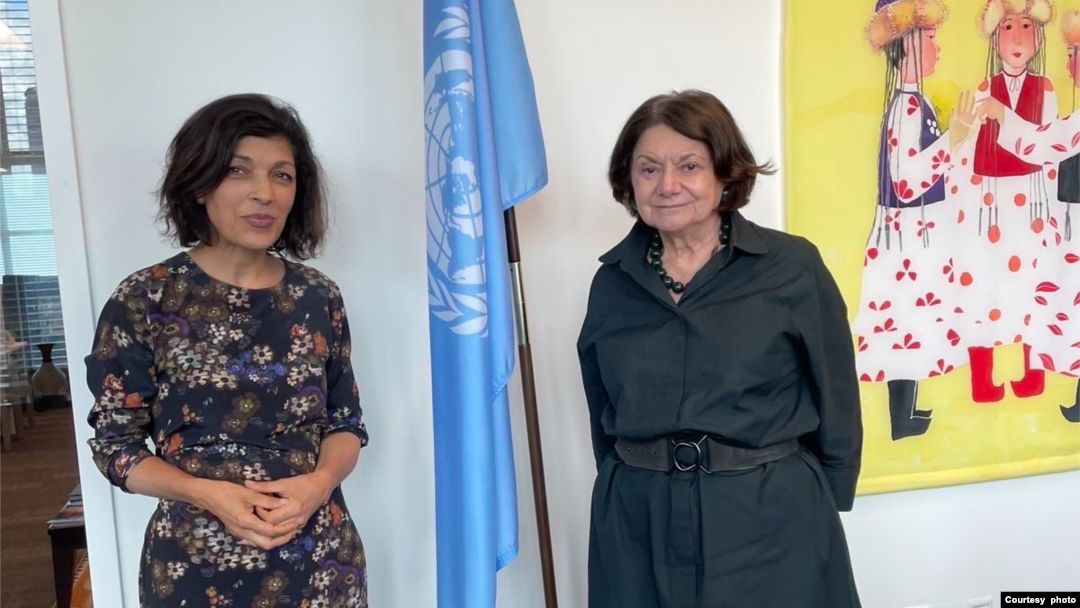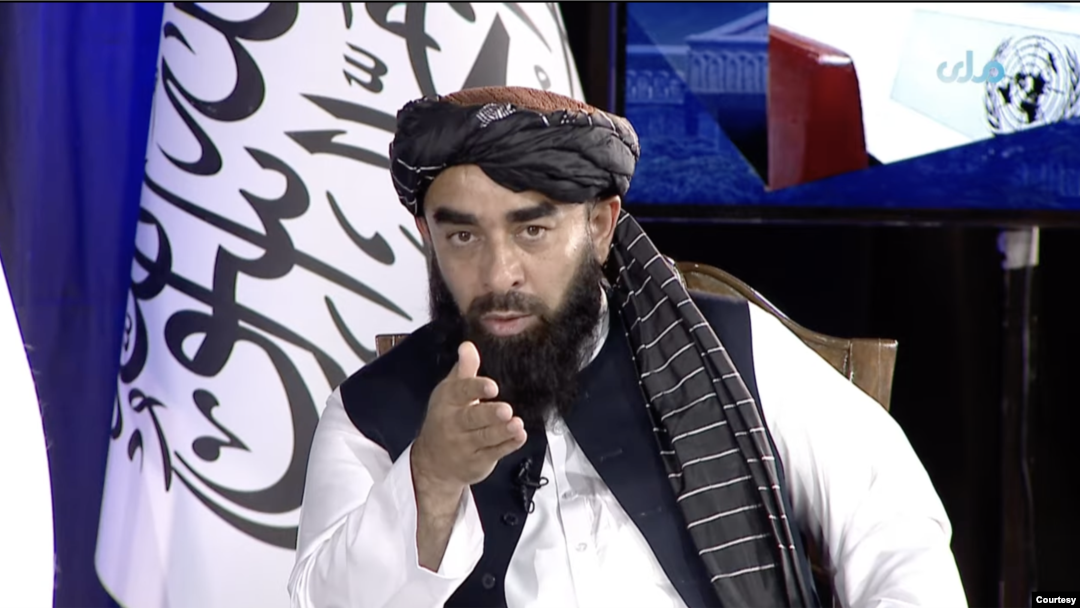This comes as the Afghan Embassy in the United Kingdom also announced it would cease its activities on September 27.
The Embassy of Afghanistan in Norway has announced that it will close on September 12th at the request of the host country.
According to the statement, the embassy’s assets in Norway will be placed in the custody of the Norwegian Ministry of Foreign Affairs until a new government is established in Afghanistan.
“Based on the official request of the host country, this representation will cease its activities from September 12, 2024, and following existing procedures, all movable and immovable property of this embassy will be entrusted to the Norwegian Ministry of Foreign Affairs until a legitimate government based on the will of the people is established in Afghanistan,” the statement reads.
This comes as the Afghan Embassy in the United Kingdom also announced it would cease its activities on September 27.
Wahid Fakiri, an international relations expert, told TOLOnews: “This decision creates problems for Afghan refugees, such as not being able to obtain passports. From my perspective, this may be favorable for the Taliban in some ways.”
Salim Paigir, a political analyst, said: “The embassies and consulates are meant to solve the problems of Afghans living in Europe. If they do not interact with the Foreign Ministry, which is currently under Taliban control, it is natural that their documents will not be considered valid. Therefore, European countries have decided that the embassies must engage with the Islamic Emirate of Afghanistan to resolve the problems of Afghans residing abroad.”
Previously, the Foreign Ministry of the Islamic Emirate declared some Afghan embassies and consulates in European countries invalid due to their lack of interaction with the central government in Kabul. Subsequently, a German media outlet reported that the German Foreign Ministry had confirmed the invalidity of Afghan consular services in Berlin and Bonn.
 Afghanistan Peace Campaign
Afghanistan Peace Campaign


